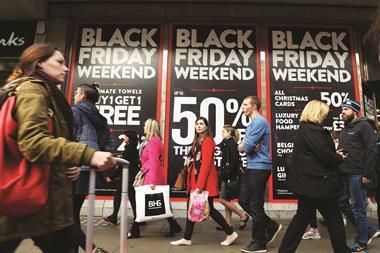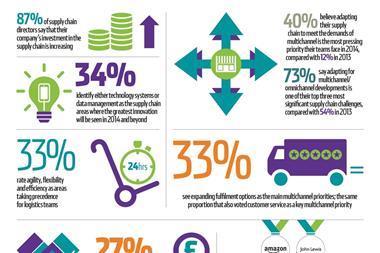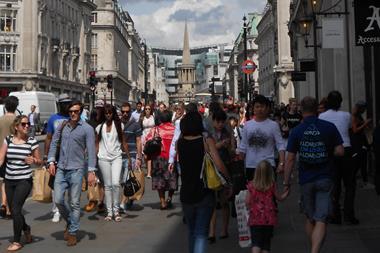Making the right risk management decisions is critical for supply chain heads managing highly complex, global supply chains.
What are supply chain directors doing to safeguard the security of their global supply chains in the face of international social and political upheaval?
That question has never been more important as the world faces news bulletin after new bulletin filled with global unrest. The Ebola outbreak in West Africa, wars in the Middle East and sanctions on Russia amid broader instability in Eastern Europe, are fast reversing recent improvement in supply chain risk. As we come to the end of 2014, supply chain bosses can’t afford to be complacent in the face of such global insecurity.
It’s an issue that’s been occupying the Retail Week editorial team as we delve into the ways retailers’ supply chains can be affected by social, political and economic events in our upcoming Supply Chain supplement (published on November 14). An exclusive heat-map of the countries currently facing the highest and lowest levels of supply chain risk, plus an in-depth look at what retailers can do to minimise the disruption, is just the start of getting under the surface of this vital topic.
For many of the supply chain bosses we speak to on an almost daily basis, anything they can do to lessen the blow when disaster hits is critical. Deloitte Consulting LLP’s survey of 600 executives at manufacturing and retail companies found two thirds of companies have a supply chain risk management program in place, but only half of the respondents believed those programmes are extremely effective.
The pressures on retail supply chains have never been greater. Making the right risk management decisions, while controlling operational cost, are critical for supply chain heads managing highly complex supply chains that traverse the world. What can you do in 2015 to make sure events outside your control don’t cripple your supply chain?

























No comments yet